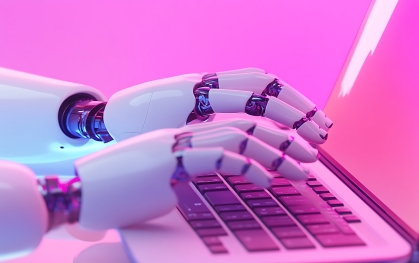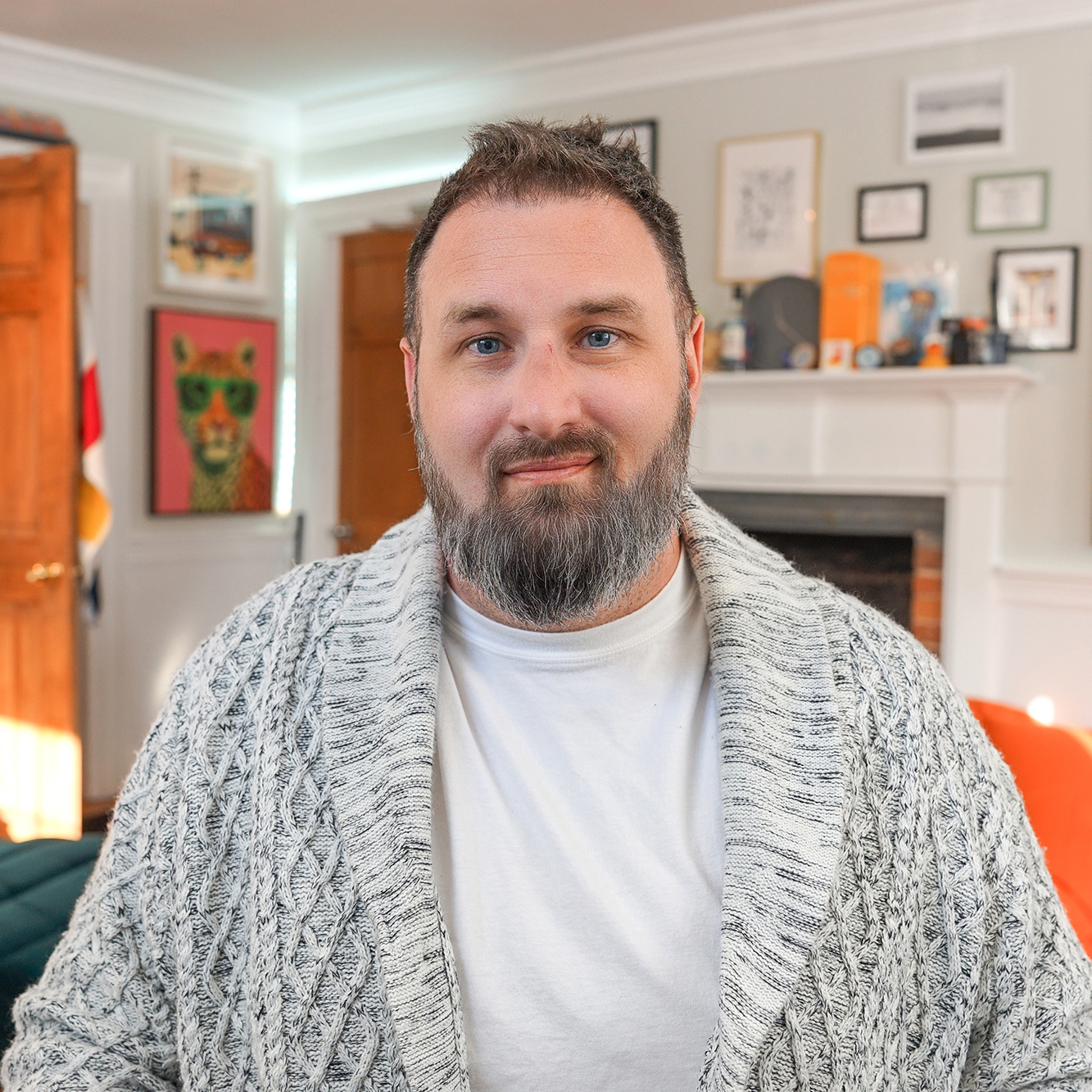The Internet is Dying

In a world where the internet serves as our primary source of knowledge, connection, and culture, a troubling concept has emerged: the Dead Internet Theory. This idea suggests that the internet, once a thriving hub of human creativity and expression, is being suffocated by automation, AI-generated content, and corporate agendas.
It’s a grim thought, but one that’s becoming harder to ignore. Human originality online feels increasingly rare, replaced by a flood of synthetic content that lacks depth and meaning. If this trend continues, the vibrant digital ecosystem we once knew could devolve into something hollow, controlled, and uninspiring.
What is the Dead Internet Theory?
The Dead Internet Theory argues that the internet is no longer alive with authentic, user-generated content. Instead, it’s allegedly dominated by bots, AI-written articles, fake accounts, and a relentless wave of corporate-driven noise.
Initially discussed in niche tech circles, this theory isn’t about a literal “death” of the internet. It’s about a shift—one where organic human activity is overshadowed by automated drivel. Proponents of the theory suggest that this transformation is intentional, aimed at controlling narratives, manipulating opinions, and smothering creativity.
Some of these claims might sound conspiratorial, but it’s hard to deny the growing presence of AI-generated content and its impact on the digital world.
The Alarming Signs of a “Dead” Internet
Here’s how the theory plays out in real time:
One of the biggest red flags is the sheer volume of AI-generated text. AI tools like ChatGPT are everywhere, creating everything from articles to product reviews to news stories. While these tools can be helpful, they also contribute to an overwhelming amount of content that’s shallow, repetitive, and often devoid of genuine insight. Content farms optimize for clicks, not value, leaving us with pages that feel functional but soulless.
AI-generated images are also taking over platforms, from hyper-realistic portraits of nonexistent people to generic “art” that lacks emotional weight. Sure, it’s impressive technology, but it often substitutes the skill and creativity of real artists, leaving digital spaces feeling uniform and uninspired.
Have you noticed how so much content online feels like the same idea recycled over and over? As AI refines its mimicry, distinguishing between human ingenuity and algorithmic regurgitation becomes harder. What once felt like a boundless exchange of fresh ideas now feels eerily formulaic.
Social media engagement often feels hollow, with bots inflating likes, shares, and trends. What seems popular may actually be artificially amplified, further distancing us from authentic human interaction.
Why This Matters
If we can’t distinguish between real and fake or human and machine, the foundation of trust in digital spaces crumbles. How can we rely on an internet saturated with inauthenticity?
AI doesn’t create—it imitates. By endlessly recycling existing ideas, it risks turning the internet into an echo chamber where innovation is stifled.
The internet was once a place for human connection—messy, unpredictable, and meaningful. As machine-generated content takes over, that sense of shared experience is slipping away, leaving us isolated in a world that feels increasingly artificial.
How Do We Fight Back?
We can’t roll back technological progress, but we can ensure the internet remains a space for human creativity and originality. Follow, share, and invest in people making authentic, meaningful content. Push for clear labeling of AI-generated material so we can make informed choices. Don’t accept everything at face value—dig deeper. As businesses and individuals, let’s choose human creativity over convenience wherever possible.
A Call to Action
The Dead Internet Theory might not be a proven reality, but the warning signs are there. The internet’s future depends on us—its users and creators.
We have a choice: let automation rule or reclaim the digital landscape as a place for authentic, messy, human expression. Let’s champion creativity, celebrate originality, and keep the internet alive—not just for ourselves but for the generations that follow.










